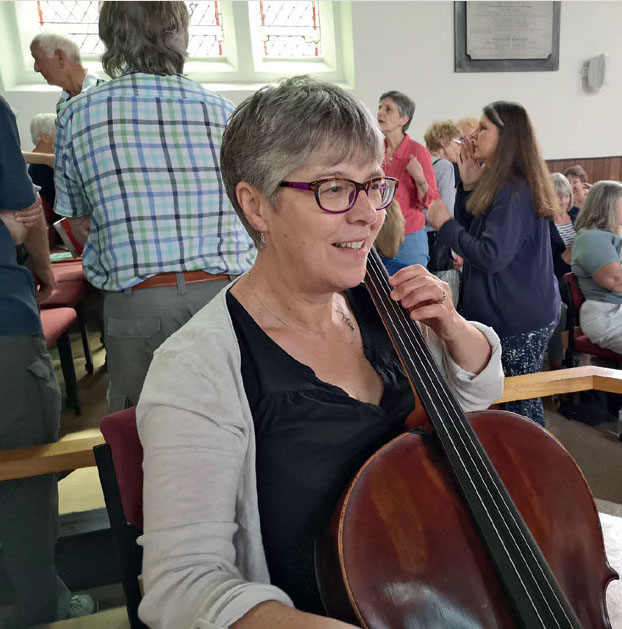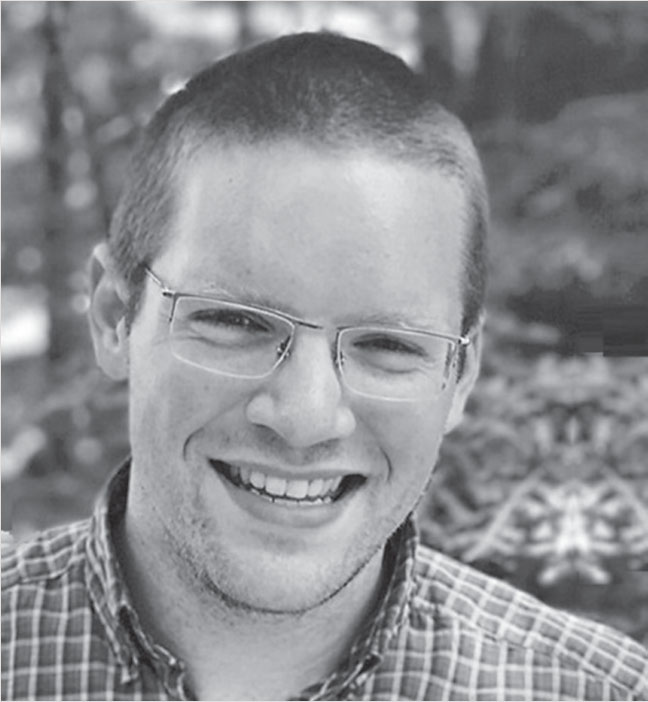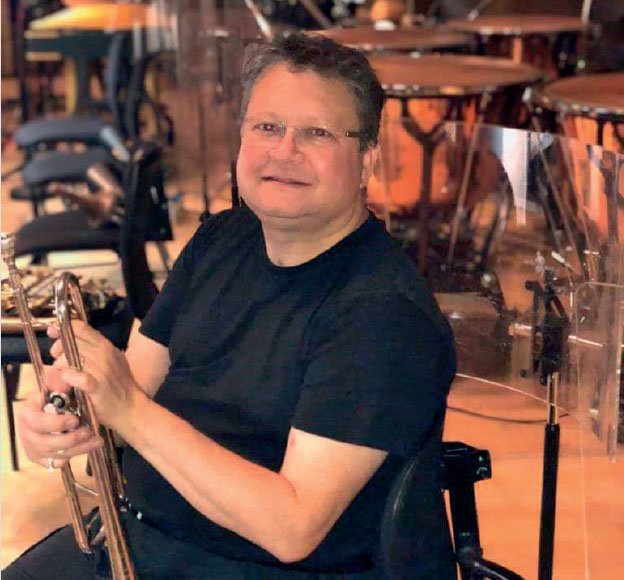
Most musicians rely on their eyes to read the music they need to perform. When developed to a high level, sight-reading allows practitioners to play or sing any piece of music regardless of familiarity. But what happens if a musician loses the ability to sight-read due to a deterioration in eyesight? The effects of visual problems can be severe. Certain eye-related diseases and disorders can force professional musicians into early retirement. In addition, the associated postural problems often caused by deteriorating vision cause a great deal of anxiety. But with the right lenses and a deeper understanding of ergonomics, these and many other optical problems can be overcome – meaning the musician's working and playing life can easily be improved.
We have all heard about the specialist hearing care provided by many audiologists for musicians, singers and performers, but until now musicians’ eye care has been very ad hoc. Vision reduction among musicians is a sensitive subject and it is much more common than you might think. In fact, it is such a common problem that the internet is full of forums where musicians regularly look for solutio.
Inspired by this need, West Yorkshire-based Allegro Optical was set up to provide eye care, spectacle lenses and contact lenses specifically developed for performers, restoring pin-sharp eyesight at the many distances required in a musical career. As musicians themselves, the staff at Allegro Optical are experienced in providing cutting-edge solutions. The team, who all have a lifelong love of music, look after the needs of professional musicians from The Hallé, English National Ballet Philharmonic, Ireland's RTÉ Concert Orchestra, The Cory Band and many others. Instrumental players are asked to bring their instruments and music to a consultation to allow the team to take accurate and detailed measurements. The peripatetic team also regularly visit musical institutions to test onsite for the very best correction possible, taking into account the musicians’ working environments.
Allegro Optical are the only BAPAM (British Association for Performing Arts Medicine) Registered opticians in the UK. For help and advice call 01484 907090.
Case study: the portfolio musician

Cellist, pianist and teacher Nicky Woods from Harrogate became aware that the music on her stand wasn't as sharp as it could be. As a long-term varifocal wearer, Woods’ lenses didn't provide a wide enough field of view at the distances she required – especially when teaching.
Allegro Optical's team dispensed a pair of their ‘Performers’ lenses that provide a wide field of view at the music-stand distance. The new lens design gives Woods a wide central field, and much clearer vision to her left and right. The new lenses provide a clear view of the conductor during ensemble work and sharp focus of the music on the stand when playing and teaching. Woods also has sufficiently clear vision to notate the manuscript when needed. ‘It's brilliant to be able – finally – to concentrate on playing the music rather than worrying about seeing it – or not seeing it,’ said Woods.
Case study: the music teacher

Music teacher Gary Collins visited Allegro Optical as he was experiencing severe back and neck pain, particularly after playing for any length of time. The discomfort was having an impact on his working and social life.
A thorough sight test revealed that Collins had a pronounced astigmatism and, following further investigation, Keratoconus was diagnosed. Keratoconus is the most common dystrophy of the cornea and it affects around one person in a thousand. It is typically diagnosed in the mid- to late-teens; in Collins’ case, early diagnosis had been missed as he hadn't had an eye test for some 15 years. Collins had developed a habit of tilting his head, known as ocular torticollis, to try to gain some visual clarity. This was leading to neck and back pain.
The team at Allegro Optical dispensed hybrid spectacles for when Collins is teaching and playing. This gives him a clear vision at all distances with a wide field. The new spectacle lenses allow Collins to see up to three sheets of music on his music stand and give him a clear view of his classroom.
‘My back and neck pain has reduced significantly and my quality of life has improved immensely,’ said Collins. ‘I can see around the classroom with ease and my confidence and self-esteem have improved greatly. I now can't imagine living my life without my contact lenses and glasses.'
Case study: the principal trumpeter

Shaun Hooke is principal trumpeter of the RTÉ Concert Orchestra and proprietor of the Dublin Trumpet Academy. Having had a high minus correction for distance since his youth, Hooke also contends with increasing presbyopia (long-sightedness caused by aging). Hooke had visited his local optician to try to resolve his increasing near-vision issues. But the prescribed mono-vision contact lenses had been highly unsatisfactory for reading music clearly.
Allegro Optical's team prescribed multifocal contact lenses with an area weighted for music stand distance to provide optimum performance for sight reading. In addition to the contact lens solution, Doe designed a specialist spectacle solution for playing and working with adapted lenses mounted into rimless spectacles for use over mono-vision contact lenses. The new spectacles allow Hooke to see all his music on the stand, the conductor and also his computer.
‘Uncertainty with your vision is just as serious as a mechanical failure with your instrument,’ said Hooke. ‘I now have crystal clear vision even in a gloomy opera pit and I'm pleased that I don't have any reflections from the stage lights.’








